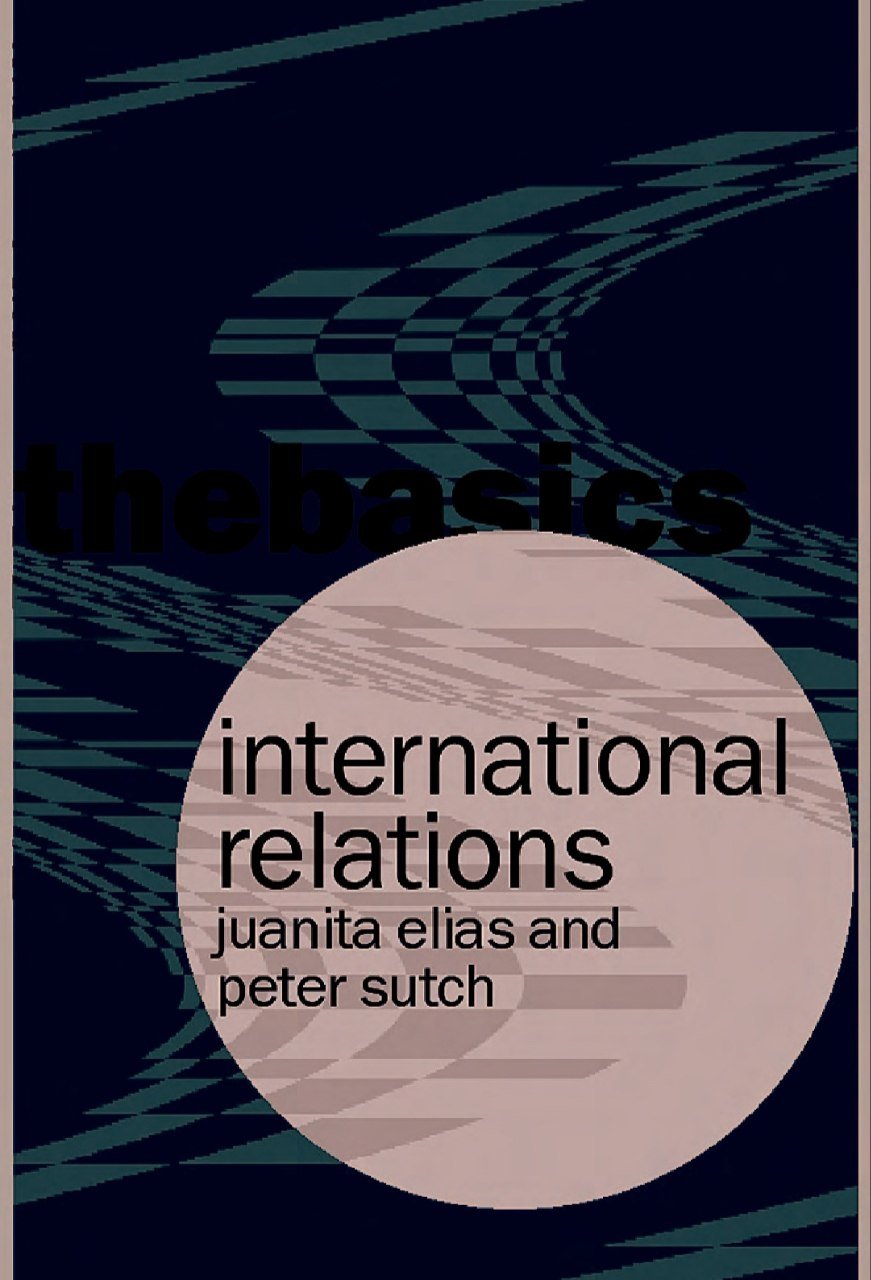

Powers: A Study in Metaphysics
Reviews
No review yet. Be the first to review this book!
Description
Powers: A Study in Metaphysics ✍🏼 George Molnar In Powers: A Study in Metaphysics, George Molnar revives and defends the concept of powers as real, irreducible aspects of the natural world. Molnar argues that powers—dispositions, capacities, or causal properties—are not just convenient ways of describing how things behave, but they are fundamental, metaphysical features of reality. His work situates itself against a backdrop of Humean skepticism, which traditionally reduces causality to mere regularities, denying any intrinsic power within objects. Molnar proposes that things in nature possess real causal powers, which give them the ability to bring about certain effects. For example, fragility is not just a description of how an object behaves when struck; it’s an inherent feature of the object itself—a power that manifests under certain conditions. Powers are intrinsic, directed, and essential to the objects that possess them. The book explores how powers differ from mere categorical properties, as they imply an active potential rather than passive characteristics. Molnar makes a case for realism about powers, arguing that they are necessary to make sense of causation, science, and the behavior of entities in the world. He defends the idea that powers are grounded in the essences of things, giving them an ontological priority over other types of properties. Molnar also addresses the metaphysics of dispositionality, examining concepts like activation, manifestation, and reciprocal causal interaction. He explores how powers can exist even when they are not currently manifesting, making a distinction between a power’s potential and its actual exercise. An important theme in Molnar’s argument is the rejection of purely passive substances in favor of an active metaphysical view of reality, where objects are intrinsically capable of acting upon and being acted upon by others. His analysis involves a deep examination of ontological categories, laws of nature, and modal properties, and he engages critically with both ancient thinkers like Aristotle and modern philosophers who address the nature of causality and disposition. Molnar’s untimely death left parts of the manuscript incomplete, but the book was edited and published posthumously, offering a comprehensive and compelling defense of causal powers as a key component of metaphysical inquiry. Powers: A Study in Metaphysics remains a major contribution to contemporary metaphysics, particularly within dispositional realism and the philosophy of causation, challenging reductive and mechanistic accounts of how things in the world work.

 May 03, 2025
May 03, 2025




 May 03, 2025
May 03, 2025










 May 03, 2025
May 03, 2025















.jpeg)



.jpg)


.jpg)

.jpg)


.jpg)









.jpg)







.jpg)

.png)


.jpeg)


.jpg)


.jpeg)



.jpg)







.jpeg)




.jpeg)















































